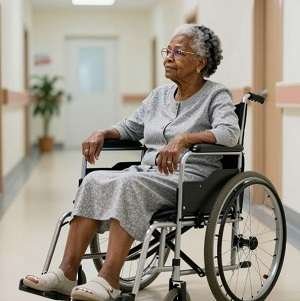Obesity-related cancer deaths have tripled in the United States since 1999, with Black Americans and other marginalized groups bearing the brunt of the increase. A study presented at ENDO 2025 revealed that mortality rates from obesity-associated cancers rose from 3.7 to 13.5 deaths per million over two decades.
The impact is not evenly distributed. Women, older adults, Native Americans, Black Americans, and residents of rural areas saw the most significant increases. “Obesity is a significant risk factor for multiple cancers, contributing to significant mortality,” said lead researcher Faizan Ahmed, MD. He emphasized the urgent need for early screening and better access to care in high-risk communities.
Obesity affects more than 40% of U.S. adults and is linked to 13 types of cancer, including breast, colon, uterine, and pancreatic. These cancers account for 40% of all diagnoses annually. Yet, the burden falls disproportionately on communities already facing systemic barriers to healthcare.
Regional disparities also emerged. The Midwest had the highest rate of obesity-related cancer deaths, while the Northeast had the lowest. States like Vermont, Minnesota, and Oklahoma topped the list, contrasting with lower rates in Utah, Alabama, and Virginia.
The findings highlight a pressing public health challenge: addressing obesity and cancer through targeted interventions that prioritize equity. Without action, the toll on underserved communities will continue to rise.
See: “Obesity-Linked Cancer Deaths Tripled Since 1999” (July 23, 2025)



